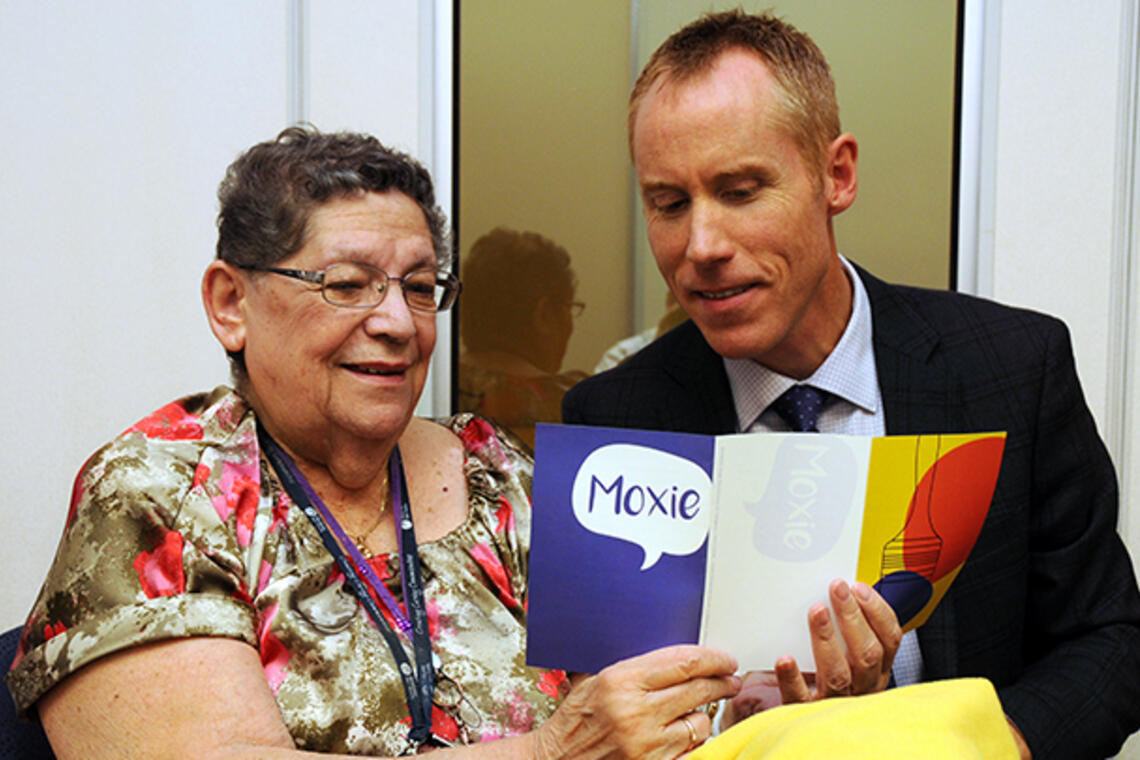Our Legacy
The ICDC was established in 2009 to help improve health outcomes of Albertans living with chronic diseases. Our collaboration includes researchers from many disciplines who work with patients, clinicians, and health system decision makers within an integrated knowledge mobilization framework.
The impact of these collaborations are best reflected in two of our projects, ACCESS and RxEACH.
The ACCESS Study

The Assessing outcomes of enhanced Chronic disease Care through patient Education and a value-baSed formulary Study (ACCESS) Trial was a three-year study that if covering chronic disease prescription costs (specifically heart conditions) for low-income seniors and teaching them about the importance of taking their medication will help seniors live a healthier life.
The results of the study showed that covering medication costs did not make a difference for seniors but did find that providing self-management education (known as Moxie) and a support program made a significant difference in seniors taking their medications. These findings show that giving seniors education and support can help them manage their heart conditions better.
More research is needed to see if it is the education aspect or the support program that makes the biggest difference in medication adherence, as well as how ACCESS would work for the general public who have co-payments for their prescription medication.
For more information please visit the following publications:
The RxEACH Study

Patients tend to see their pharmacists more than their family doctor, which presents a unique opportunity for patient care and disease management through pharmacy care. The Alberta Vascular Risk Reduction Community Pharmacy Project (RxEACH) was a province-wide heart disease and stroke reduction program where pharmacists worked with at risk patients and their family physicians to provide cardiovascular (heart and blood vessel) care. This randomized trial identified a large number of patients with previously unknown kidney disease and showed to reduce the risk of heart disease and stroke by 21% in only 3 months. Pharmacists can play a key role in helping patients manage conditions and risk factors, through care plans, laboratory tests, medication management, cardiovascular risk assessment, education and working closely with physicians. Albertans with heart disease, stroke, diabetes, kidney disease, high blood pressure, high cholesterol, high body weight, low physical activity or who want to quit smoking should consider speaking with their pharmacist.
For more information please visit the following publications:


